On September 18, 2025, the Women Initiative for Sustainable Environment (WISE) reaffirmed its commitment to empowering rural women and protecting the environment with a heart-warming outreach to women farmers in Kudaru Chiefdom, Lere Local Government Area, Kaduna State.
The event marked the distribution of 35 clean cookstoves, coupled with a call to action for women to embrace tree planting as both an environmental and economic activity.
Empowering Women Through Action
Representing WISE at the event was Mrs. Rifkatu Yakubu Bawa, who not only handed over the clean cookstoves but also led a live demonstration on their proper use. She encouraged the women to establish economic tree nurseries, assuring them that WISE would purchase the seedlings as part of a program to strengthen women’s livelihoods and expand local tree cover.
The ceremony, hosted at the palace of His Royal Highness Yakubu Iliya Sauri—represented by the Council Secretary, Mr. Henry Irmiya—was graced by community leaders and council members. Mr. Irmiya commended WISE for promoting clean cooking, protecting family health, and saving household income, while also helping to combat deforestation and climate change.
As the stoves were distributed, the atmosphere turned celebratory. The women sang songs of gratitude, offered prayers for WISE, and carried their new stoves home with smiles of hope. Many more continued to arrive, eager to benefit from the initiative.
Together, WISE and the women of Kudaru are taking steps toward healthier homes, greener farmlands, and a more sustainable future.
Why Clean Cooking Matters
For many families across rural Nigeria, cooking over open fires remains a daily reality. However, traditional wood-burning methods produce toxic smoke that harms health and degrades the environment.
According to the World Health Organization, household air pollution from traditional stoves causes an estimated 4 million premature deaths globally each year — mostly women and children who spend long hours near the smoke. Exposure to such pollution has been compared to smoking multiple packs of cigarettes a day.
In Nigeria, about 70% of households rely on wood or charcoal for cooking. This demand drives deforestation, a major environmental issue that contributes to erosion, desertification, and climate change. Clean cookstoves, like those promoted by WISE, can reduce fuelwood use by up to 60%, cutting costs, saving time, and protecting forests.
Tree Planting: A Pathway to Climate and Economic Resilience
WISE’s message to women in Kudaru went beyond clean energy—it was about rebuilding ecosystems and livelihoods. By encouraging women to cultivate economically valuable trees such as moringa, cashew, and neem, WISE empowers them to earn an income while restoring degraded land.
The organization’s innovative promise to buy back the seedlings ensures that tree planting becomes not just a campaign slogan, but a sustainable livelihood strategy. This model promotes climate resilience, soil conservation, and community ownership of environmental stewardship.
WISE’s Broader Impact
This initiative builds on WISE’s long-standing track record of grassroots climate action.
Founded by Olanike Olugboji-Daramola, an award-winning environmentalist and advocate for women’s empowerment, WISE has reached over 120,000 women and facilitated the distribution of more than 60,000 clean cookstoves across Nigeria.
Through its partnership with the Women’s Earth Alliance (WEA), WISE trains women entrepreneurs in clean energy technologies, financial literacy, and leadership, enabling them to start and scale sustainable businesses. In one year alone, this partnership helped 6,500 households adopt clean stoves, saving thousands of trees and tons of carbon emissions.
Community Leadership and Collaboration
By holding the event within the palace grounds, WISE underscored the importance of traditional institutions in driving community change. Local leaders’ support helps legitimize clean energy initiatives and encourages long-term adoption.
Mrs. Bawa’s demonstration and follow-up plan show that this effort is not a one-off donation, but a sustained partnership rooted in accountability and empowerment.
Challenges Ahead — and a Way Forward
While the enthusiasm in Kudaru was remarkable, challenges remain. For many rural women, affordability and access to financing still limit adoption of clean stoves. Behavioral change takes time, and consistent follow-up is needed to ensure continued use.
Nevertheless, WISE’s approach — combining technology, education, and economic incentives — offers a replicable model for other communities in Kaduna State and beyond.
Building a Greener, Healthier Future
The success of the Kudaru initiative proves that when women are equipped with the right tools and support, they can lead the charge in climate action, poverty reduction, and community development.
Through clean cookstoves, families breathe cleaner air. Through tree planting, they nurture the land. Through collective action, they shape a legacy of sustainability for generations to come.
As Mrs. Bawa reminded the women:
“World change starts from our homes. When a woman cooks cleanly, she saves her family, her forest, and her future.”
WISE #CleanCooking #CleanCookstoves #WomenFarmers #WomenInAgriculture #ClimateActionNow #ClimateJustice #RegenerativeAgriculture #SustainableFarming #StopDeforestation #GreenEconomy #EnvironmentalSustainability #HealthAndEnvironment #RenewableEnergy #SustainableDevelopment #WomenEmpowerment #KadunaNigeria #NigeriaAgriculture #CommunityEmpowerment #ClimateChangeMitigation
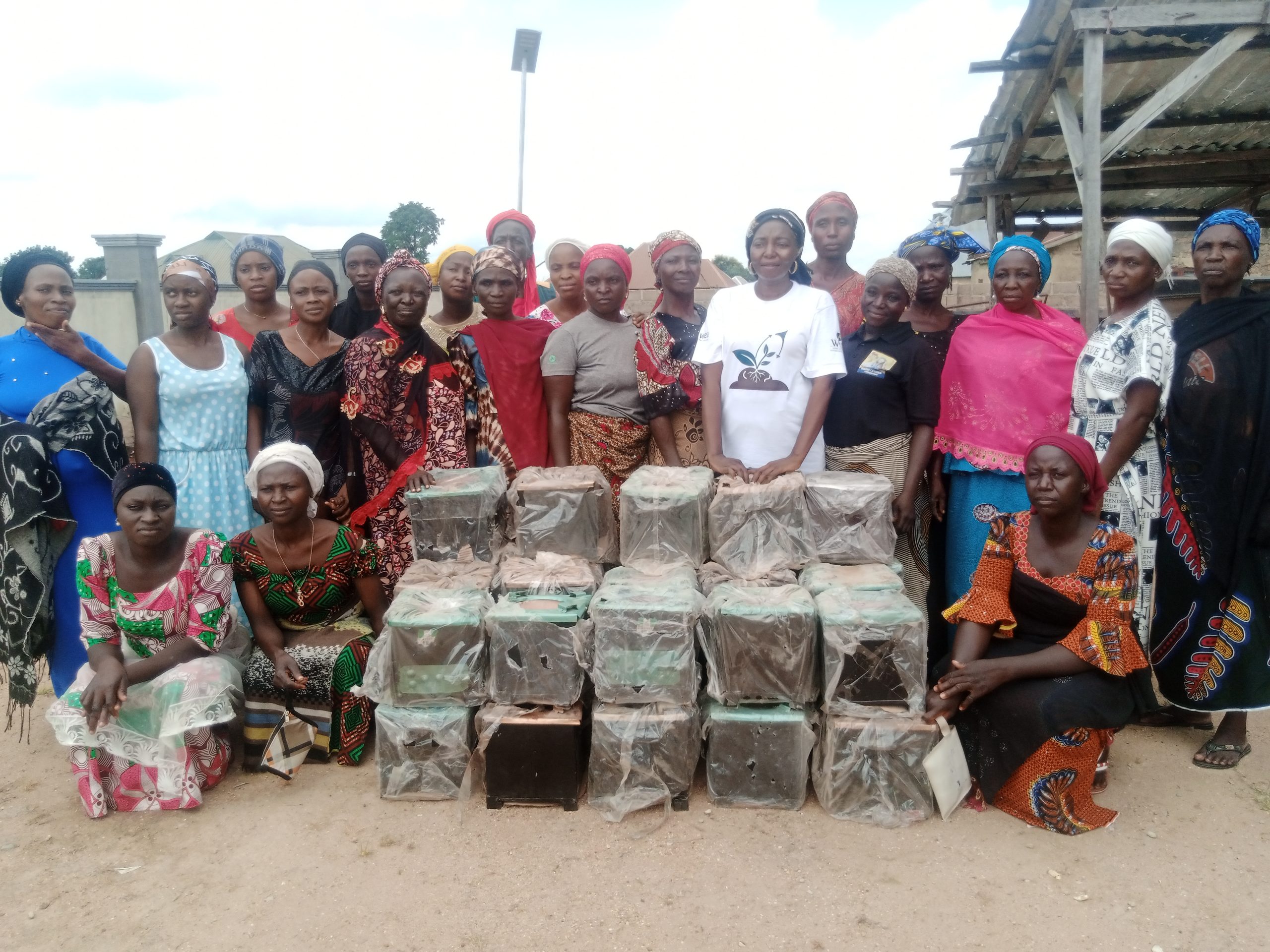
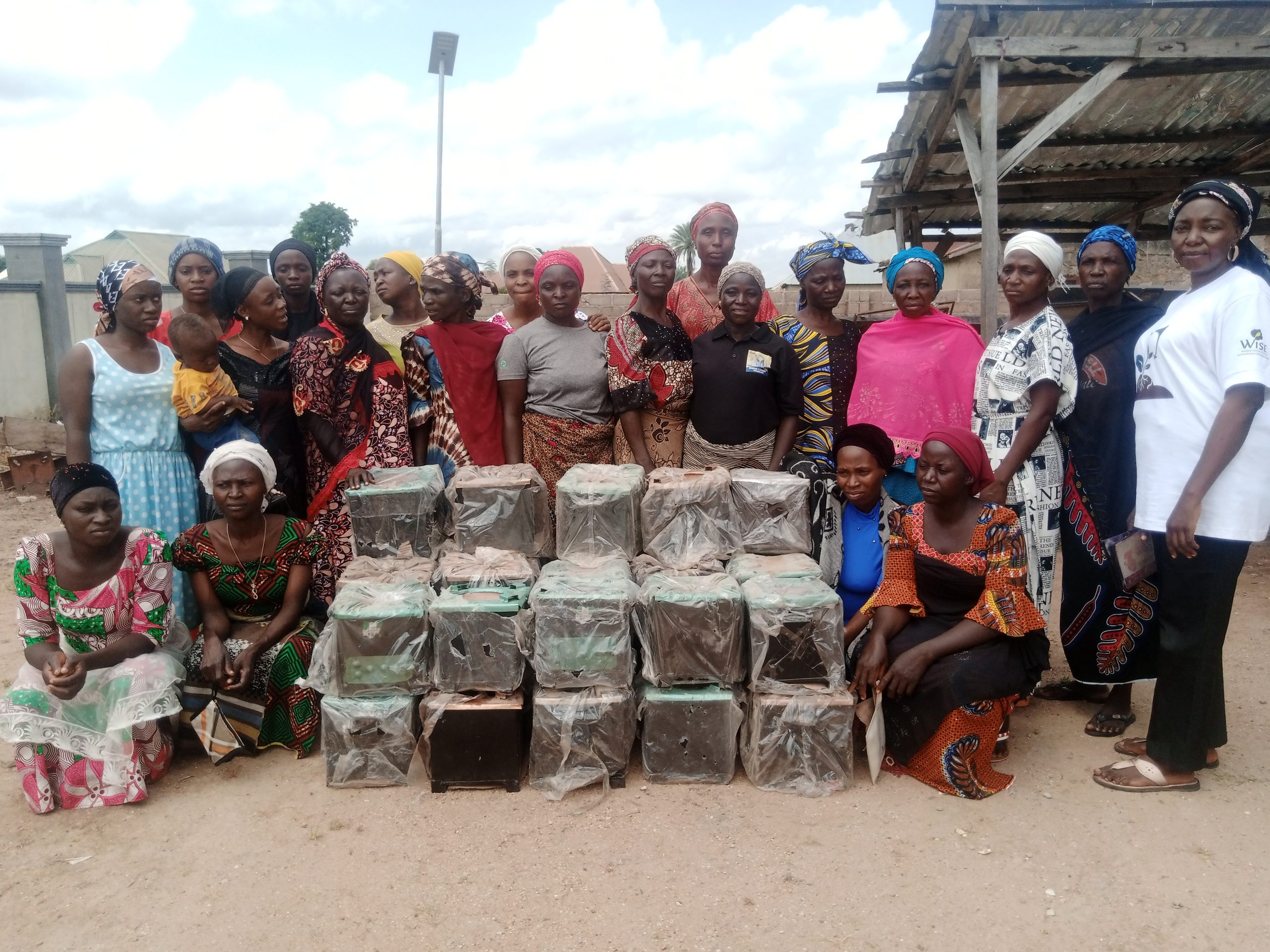
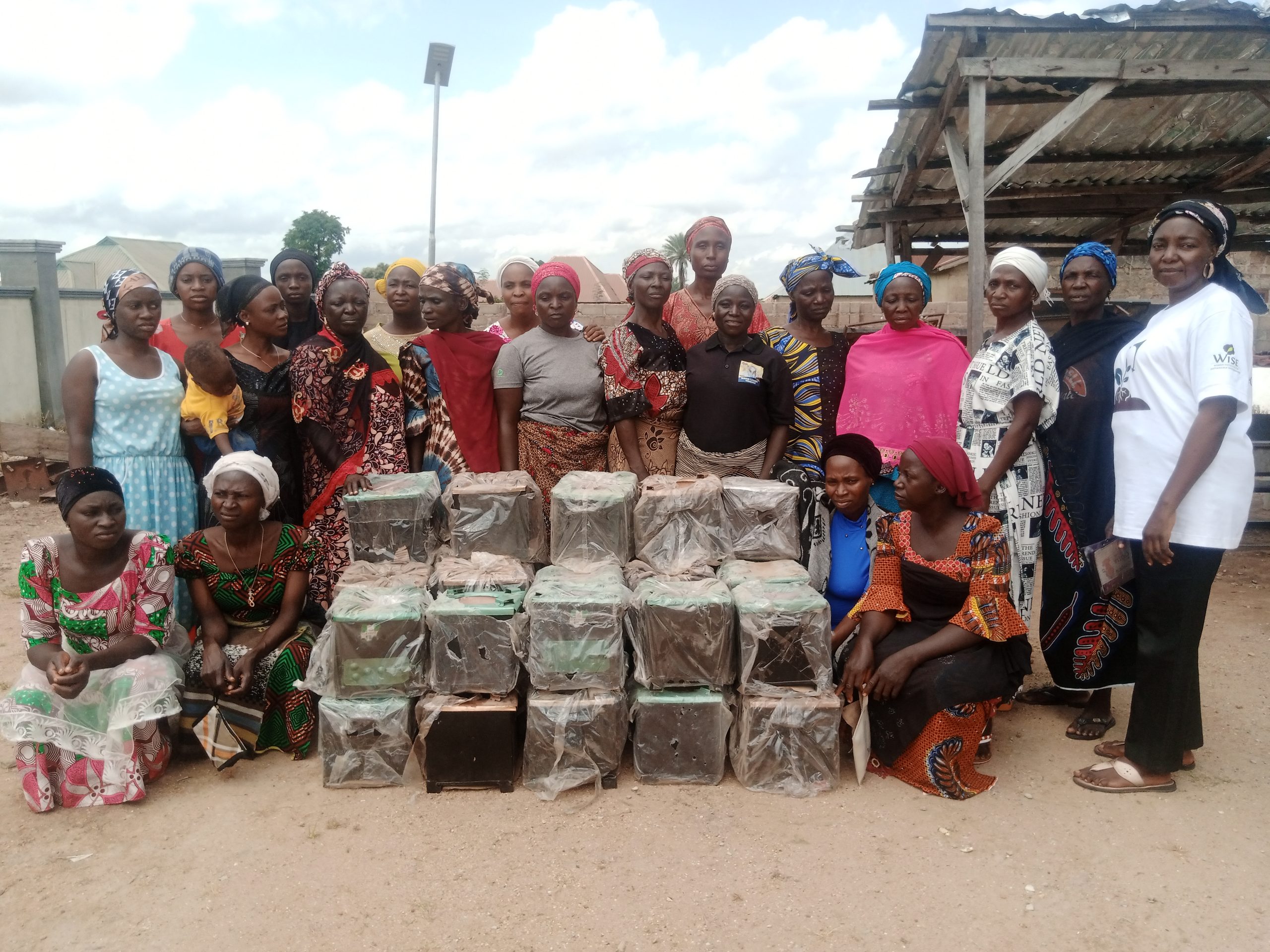
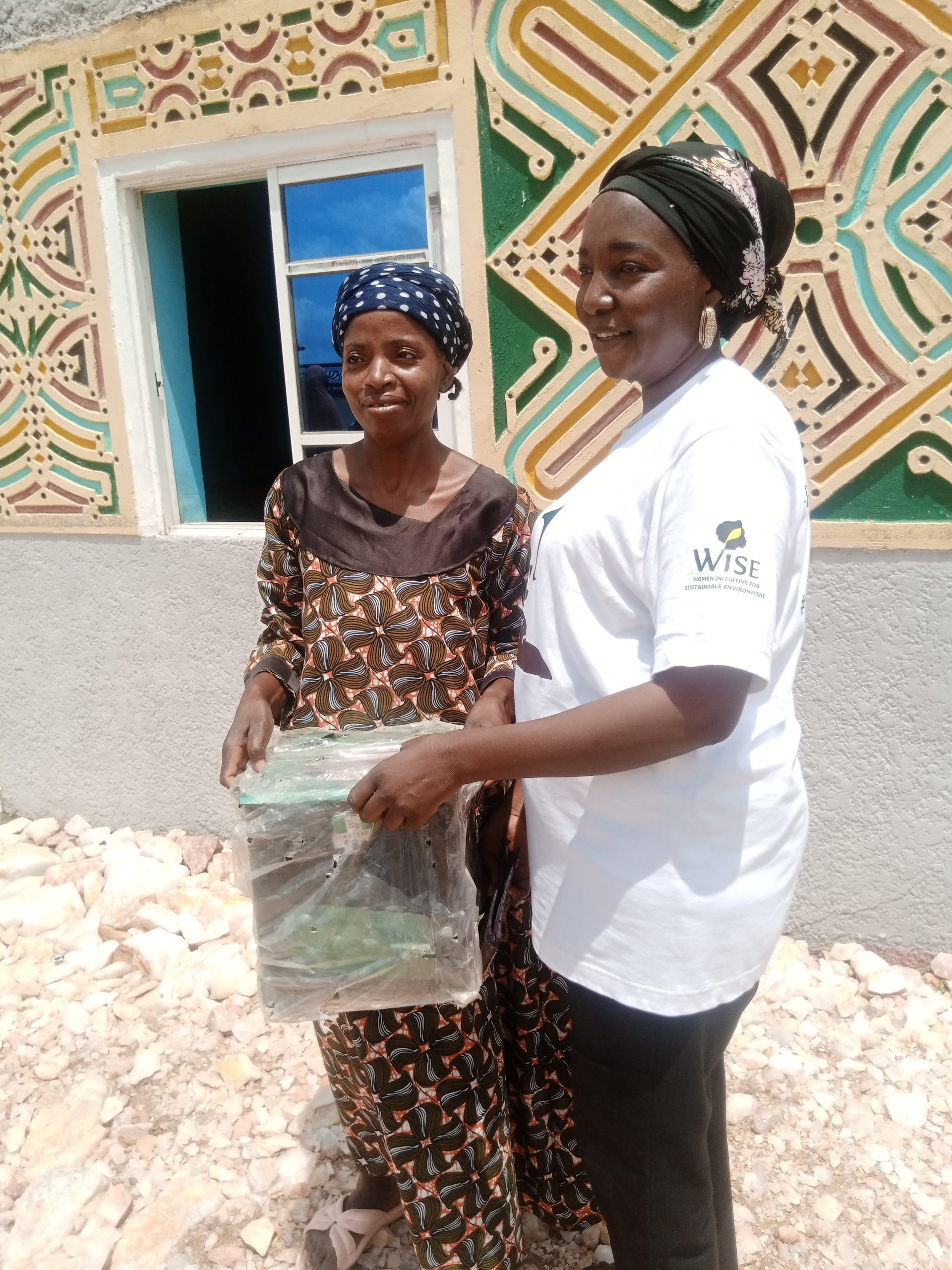
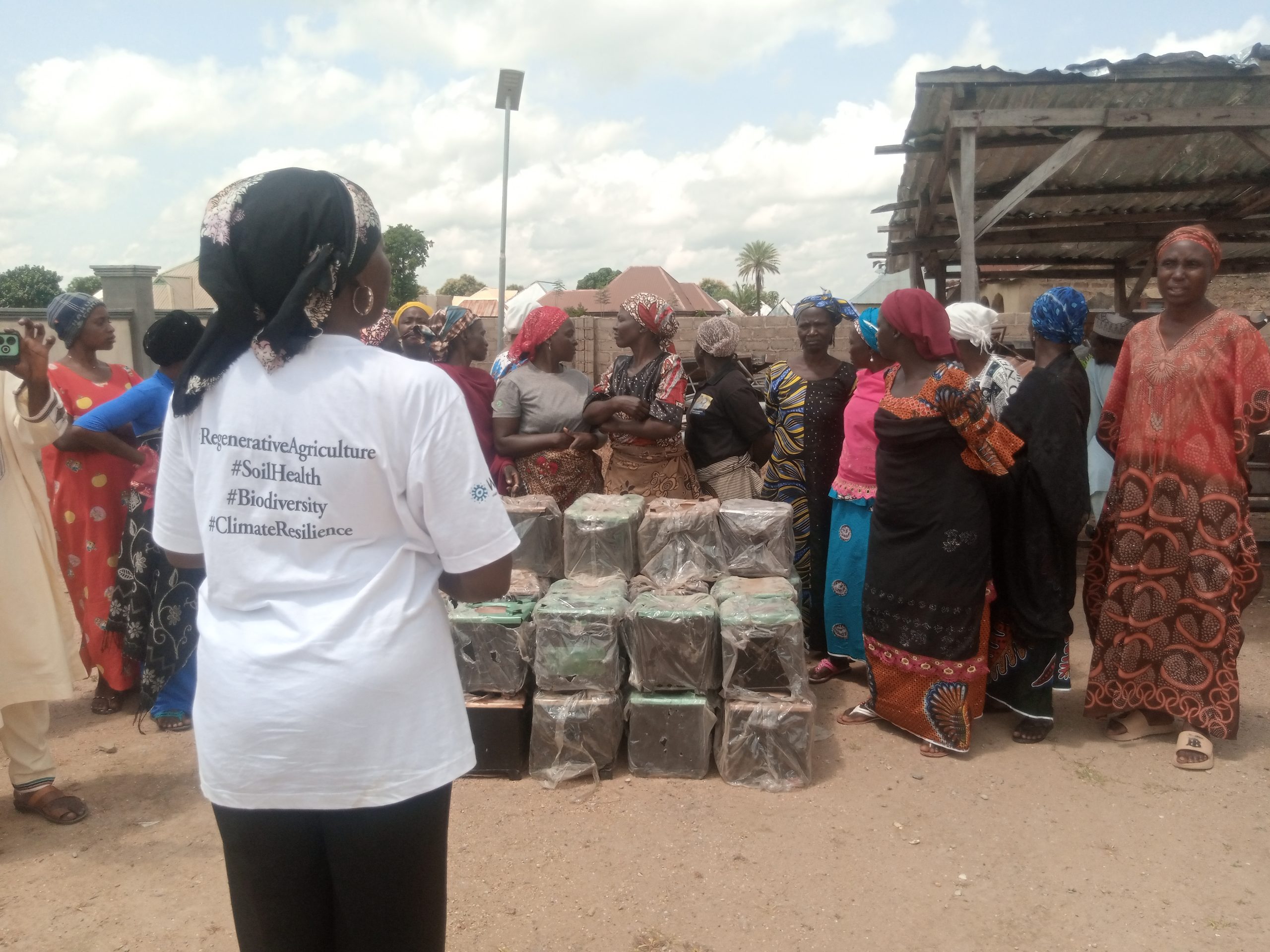
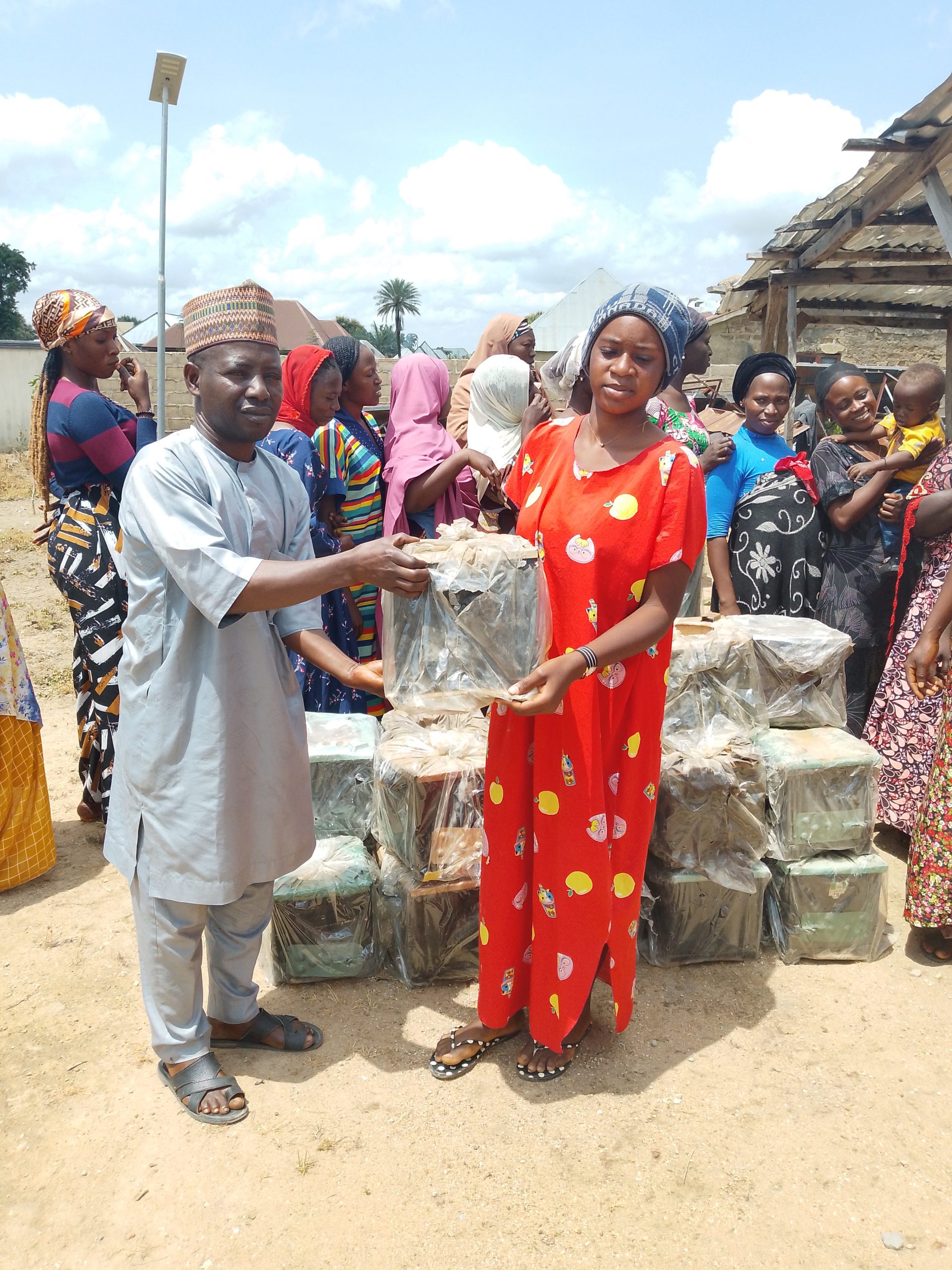
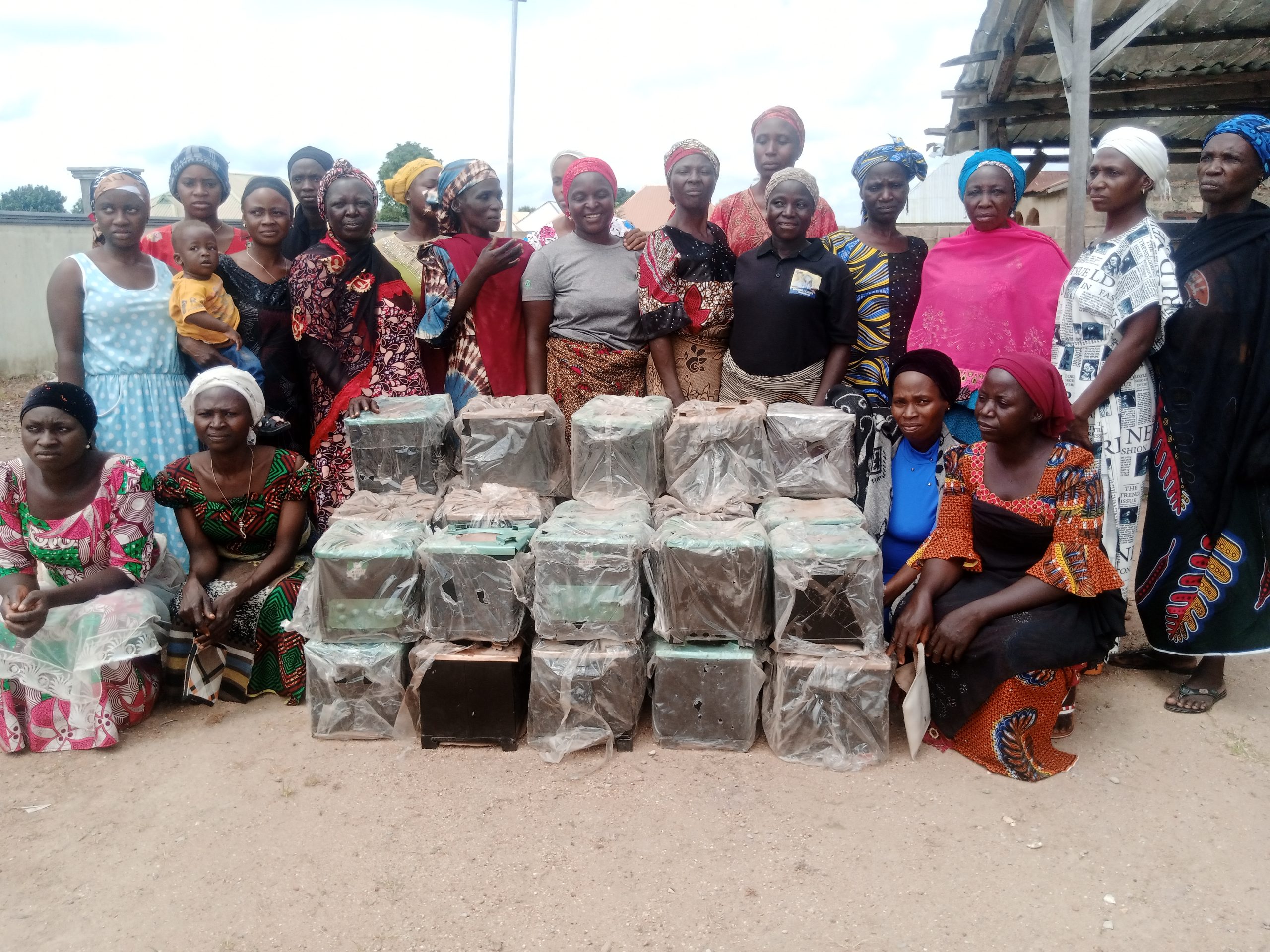
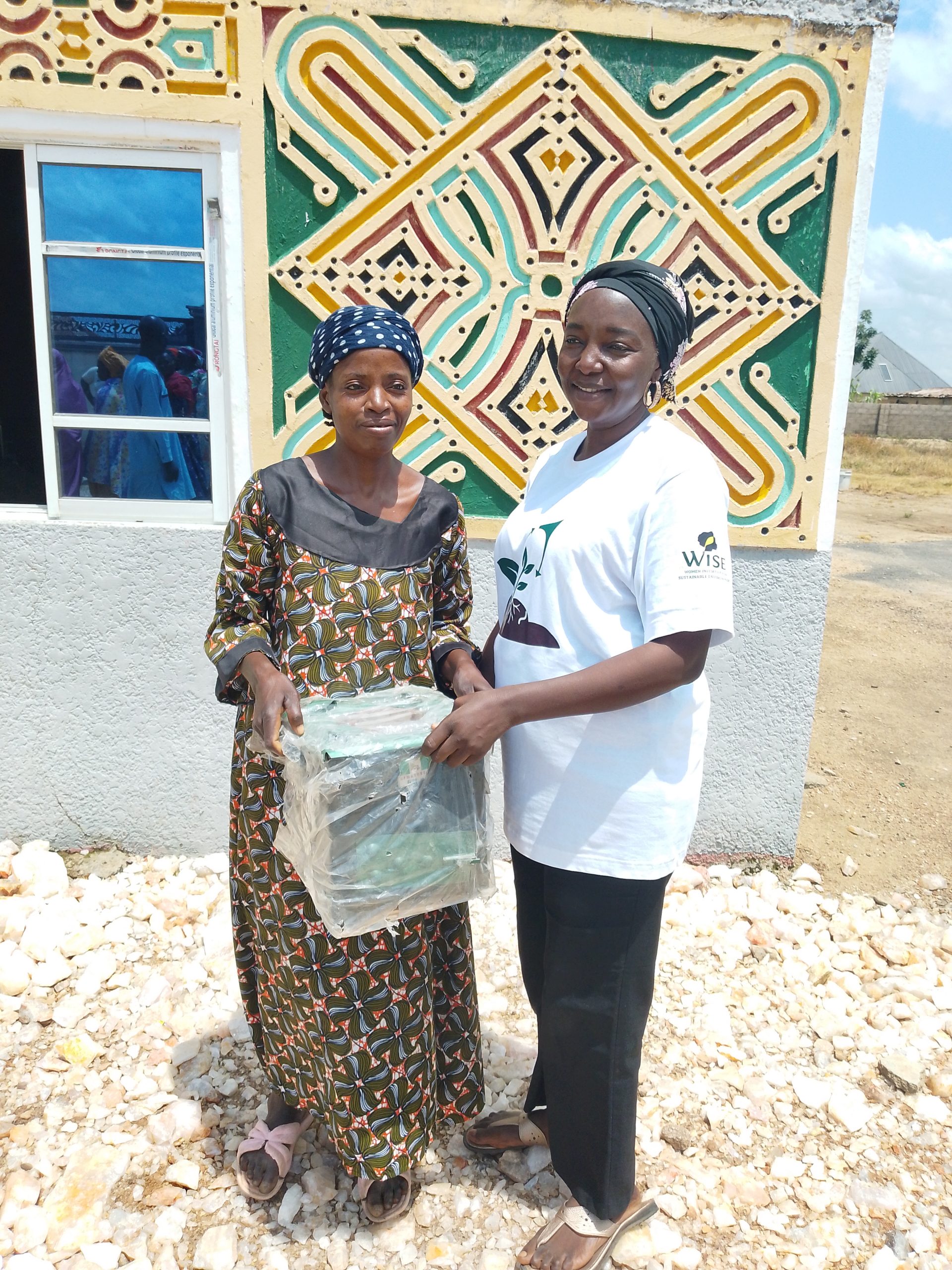
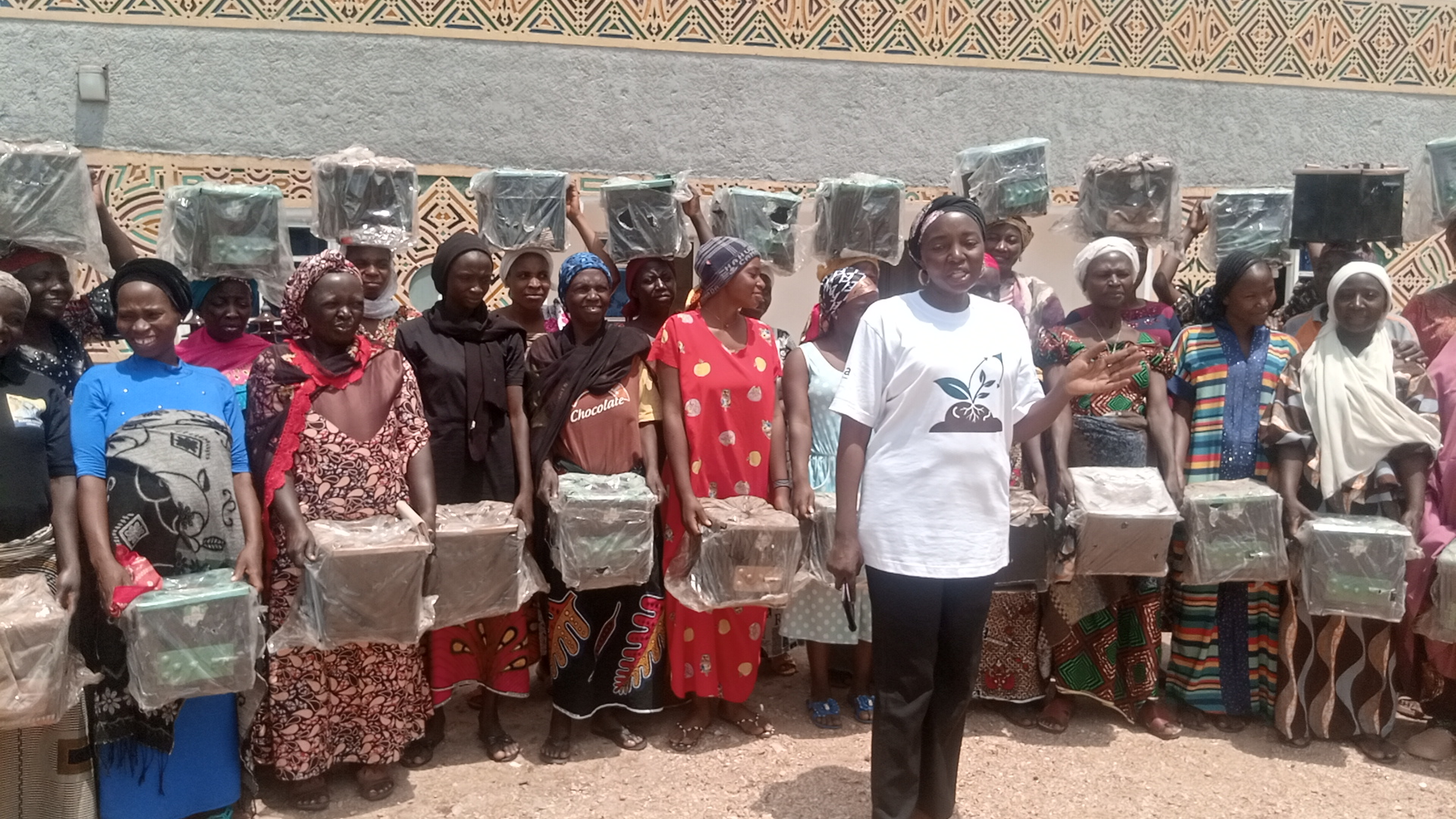
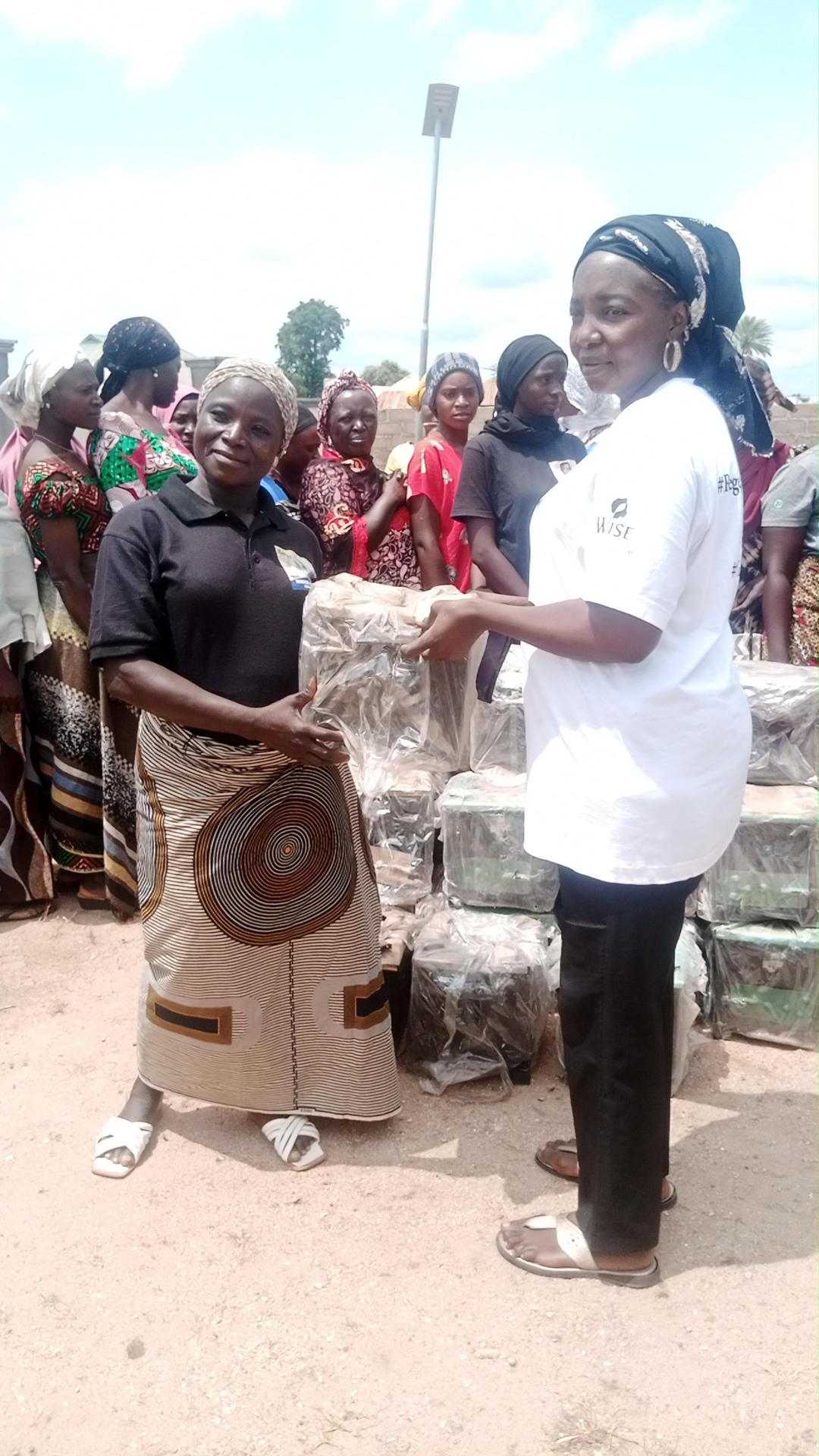
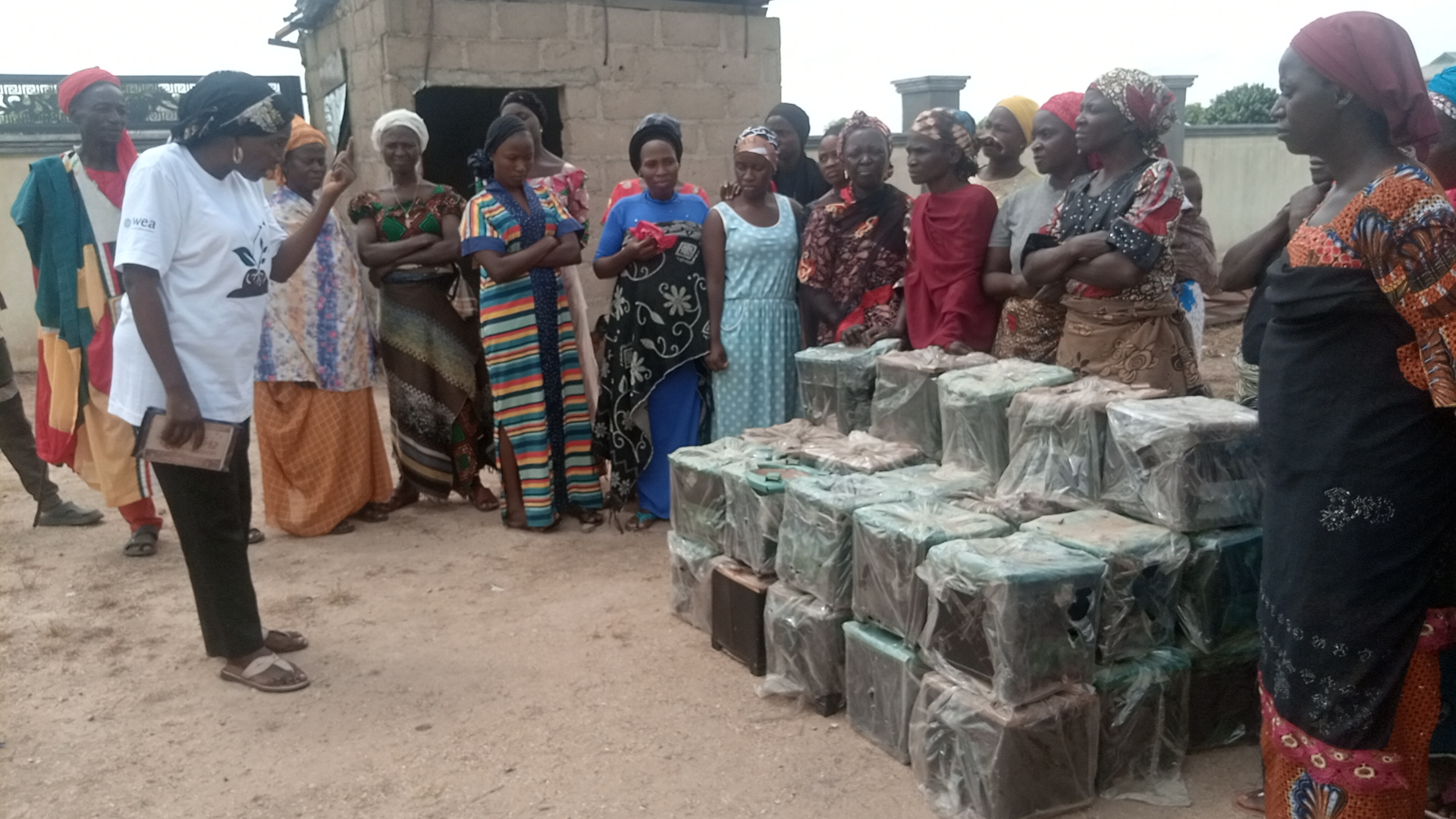
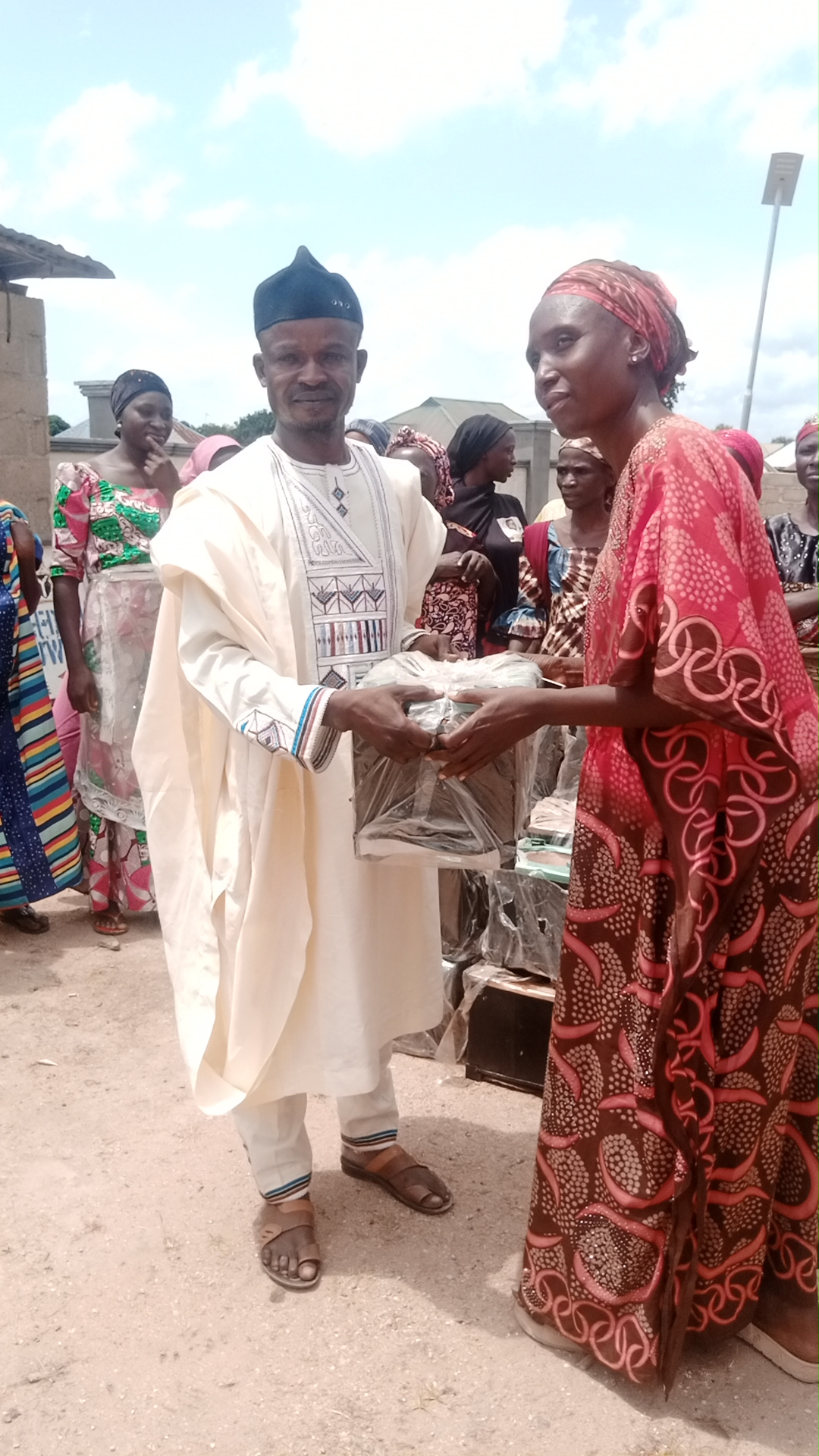
Leave a Reply